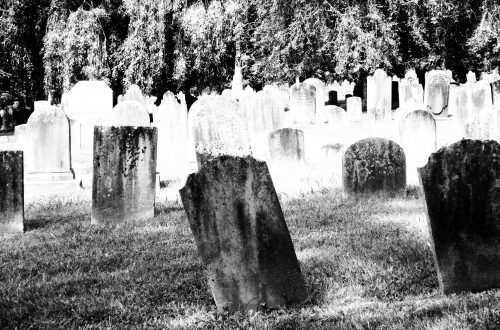The Self-Imposed Wilderness
Leadership is broken because leaders are unbroken
Wilderness Wanderings Series:
Learning to Live the Zigzag Life
Striving to Meet Needs that Should Never be Met
Many of my wilderness experiences have been self-imposed. They grew out of drivenness within me, the fruit of selfish ambition, fear, and anger that created unmet needs in my heart…
And those needs should never have been met. That means that many of my wilderness experiences could have been avoided if only I had been aware that my drivenness and my ambition—pursued sincerely, I believe, in the name of Jesus—were mixed with the slag self glory.
I did not understand that my fear actually was pride and my anger was anger. I carried inner anger without even knowing what it was. I gradually came to realize that these feelings within me were harmful and that prayer alone could bring me release. By then I had been a pastor for probably four or five years, and knew I needed help from other leaders to be free. That’s when I asked the elders of our church to meet with me early every Sunday morning to pray because that’s how I gained deliverance along the way.
So it was that I entered into burnout and edged toward depression for a period of time early in my pastorate. I struggled with comparison, competition, and feelings of failure because I wasn’t as good as others or I hadn’t reached the standard of success I set for myself.
I realize now that my standard of success was self-imposed and not from God or anyone else, and that it doesn’t make any difference whether I’m as good as others. I now realize that those wilderness experiences were self-imposed and unnecessary.
Fellow Strugglers
I don’t like to project myself on other leaders, but, as I have talked about these responses in cultures all over the world, I have found many fellow leaders identify with me because they’re in the same self-imposed wilderness. I’m just a little bit ahead of them.
As I talk about these wilderness experiences, I find them responding, recognizing their own struggles and seeking freedom. So what can leaders do when they discover they are in a self-imposed wilderness? Find the joy of the wilderness, in the refreshing oases of grace.
How?
1. Stop denying the truth about yourself and fall on your face before God in prayer, acknowledging that virtually everything you blame on others comes from you.
2. Read the Bible in the light of your responsibility and God’s grace and make Christ your life, not only the One you talk about, but also the One you depend on to live.
3. Find someone you can talk with honestly and speak the truth about you. Then listen to what you hear back no matter how much it hurts.
While many, probably most, of my wilderness experiences have been self-imposed and unnecessary, they have been critical to my growth as a man, my sensitivity as a husband and a father, and my impact as a leader.
I wish I could have avoided them, but I couldn’t grow without them. So, I encourage you to keep on wandering in your wilderness. Sooner or later you’ll get to an oasis of refreshing rest.
But after you’re there a while, you’ll start over again with another season in the wilderness—and that will be the best place you can be if you want to be God’s kind of leader.
From "The Self-Imposed Wilderness" on www.leaderformation.org/blog
 About: The Broken Leadership Blog is about changing the leadership conversation from what we are doing with our hands to what God is doing through our hearts.
About: The Broken Leadership Blog is about changing the leadership conversation from what we are doing with our hands to what God is doing through our hearts.




